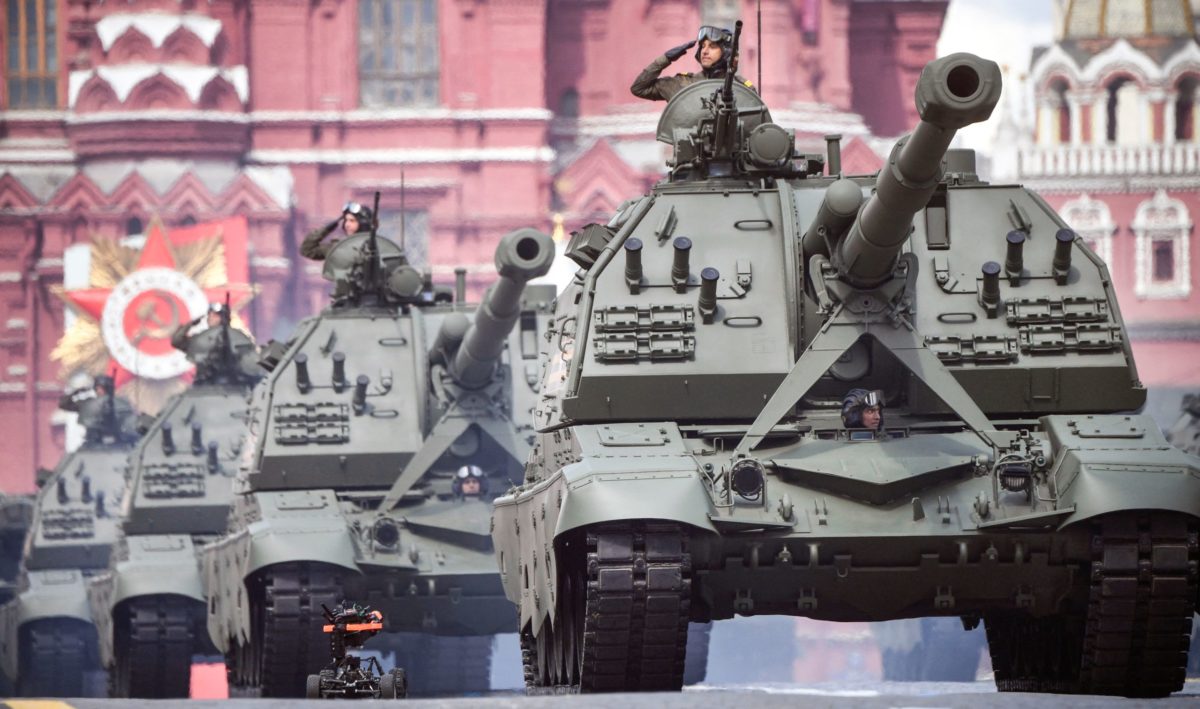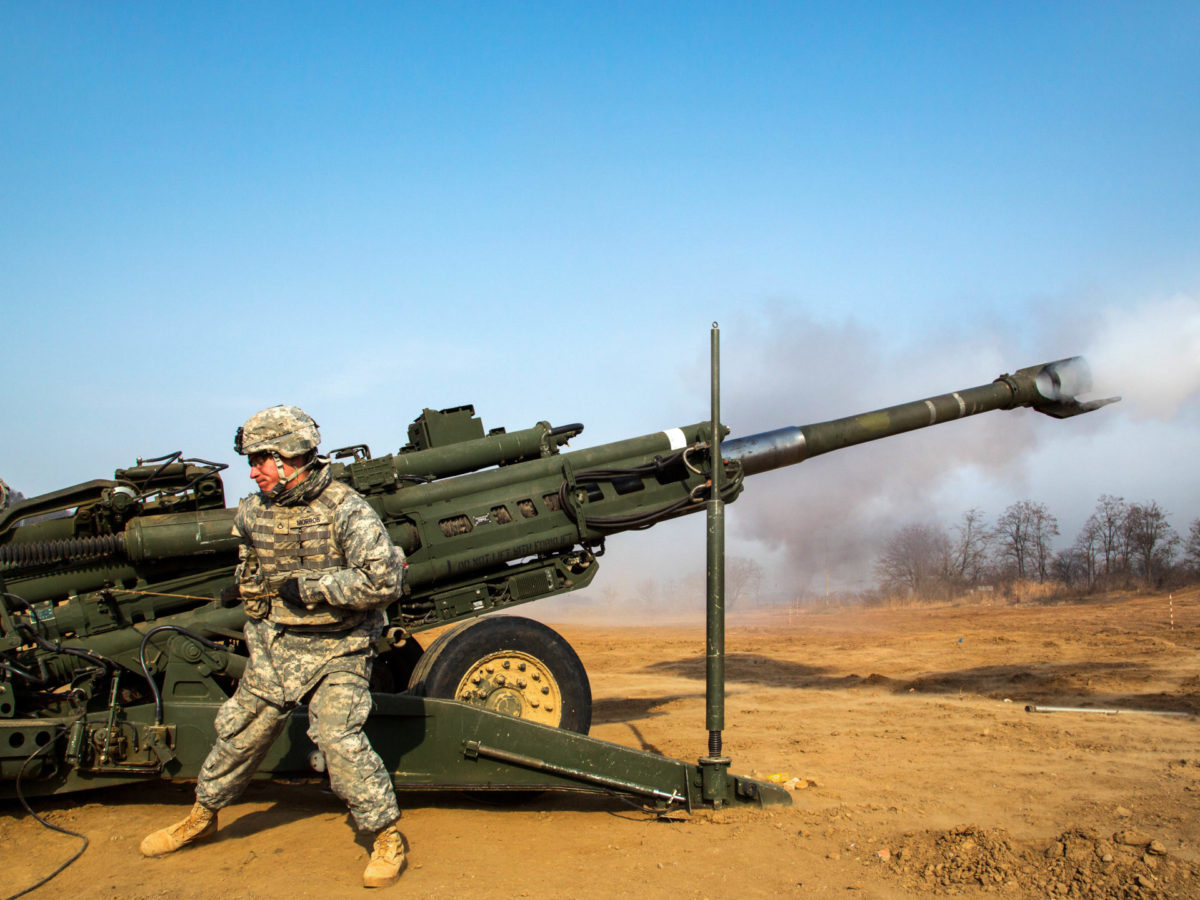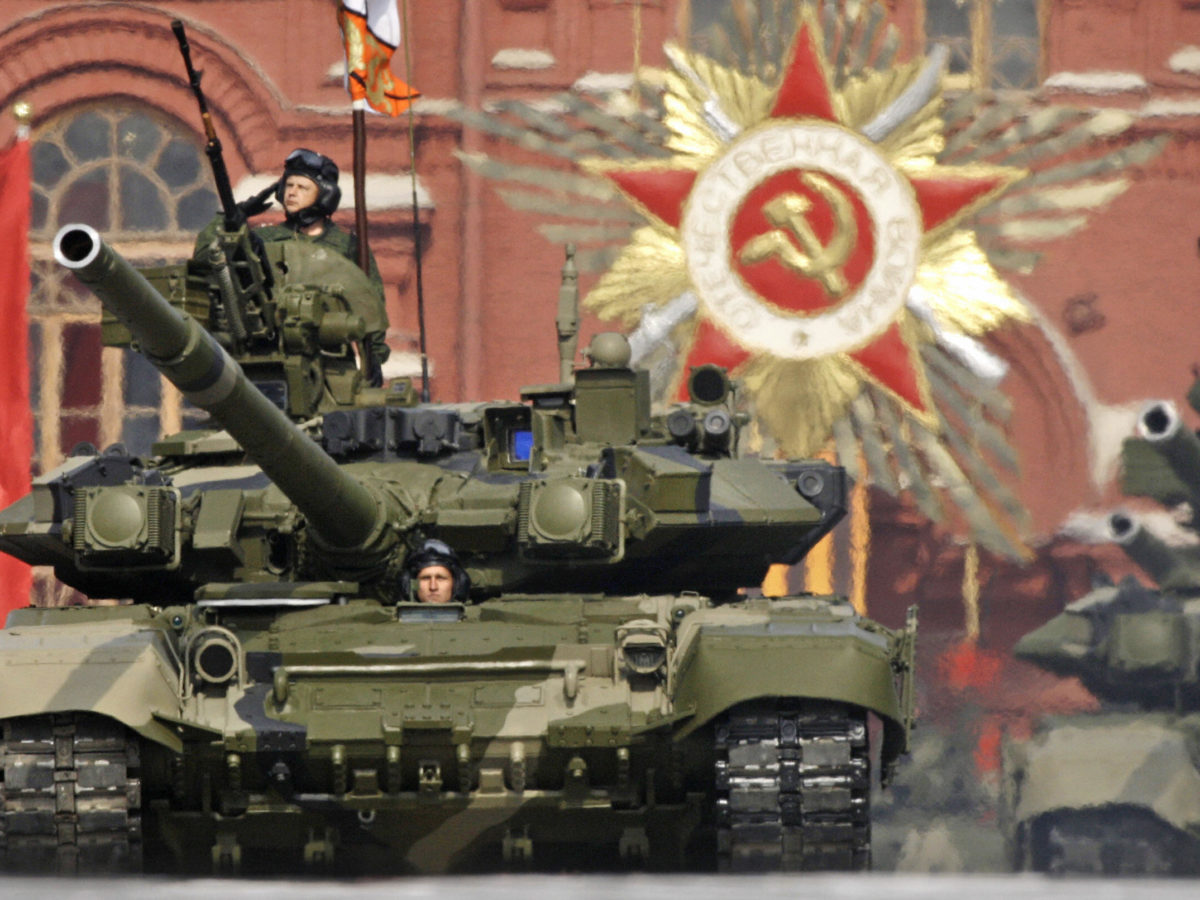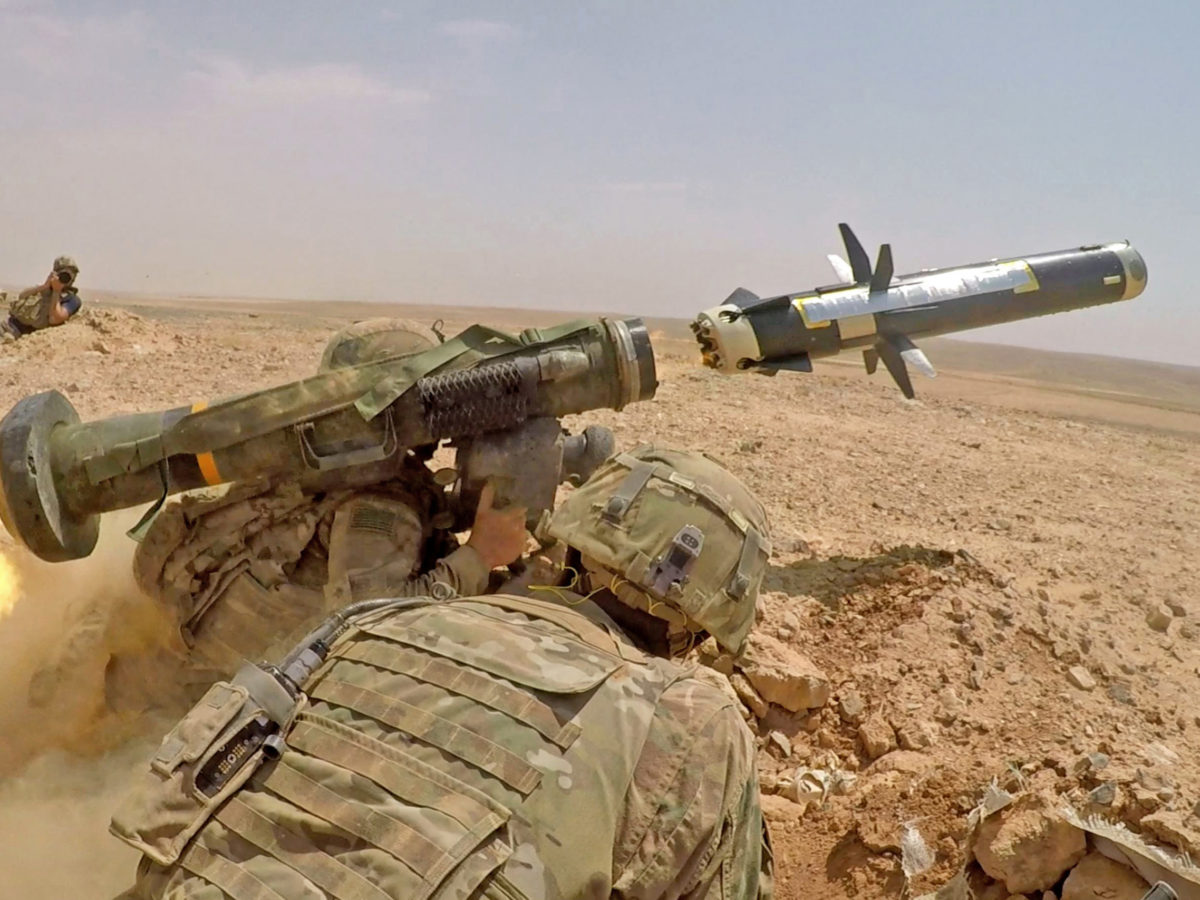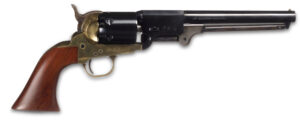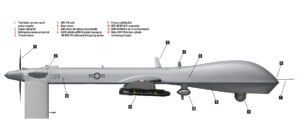From the 1709 Battle of Poltava through the end of World War II, Russia has excelled in backing up its more mobile forces with powerful and numerous artillery. From the time President Vladimir Putin launched his “special military operation” into Ukraine on Feb. 24, 2022, big guns have been a mainstay, both for battery fire in the field and for besieging cities, with all the civil terror that attends it.
Although the Ukrainians hold high hopes the 100 British-designed, American-built M777A2 155 mm howitzers donated to their cause by the U.S., Australia and Canada can make a decisive difference with its edges in range and accuracy, a higher percentage of Ukraine’s first-line howitzers are equally matched with its Russian counterparts … because they are the same guns.
The tale of the Russian Howitzer
In 1980, the Soviet Union began Prozhekt Ferma, a new generation long-range howitzer, which entered production as the 2A65 Msta-B (after the Msta River in northwest Russia, with the B standing for “Buksiruyemaya,” or “towed”). Crewed by six to 11 gunners who can fire five to six rounds per minute at a velocity of 2,720 rounds per minute, this 152.4 mm howitzer has a range of 18 miles. With a four-wheeled split carriage and an armored shield, the gun can be towed by the KrAZ-260 or Ural 4320 six-by-six wheeled trucks or the MT-LB tracked multipurpose prime mover.
The Msta-B first appeared among Soviet forces in Eastern Europe in 1987 and has since seen combat in Chechnya, Syria, the Donbas region and Ukraine. In the current conflict, the Russians have committed at least 370 Msta-Bs to the fighting, but so has Ukraine, which found itself with 130 Msta-Bs after the breakup of the Soviet Union, deployed to the 11th Artillery Brigade at Ternopil and the 55th Artillery Brigade at Zaporizhia. Moreover, the MT-LB prime mover had been produced in Kharkiv, from which a Russian attack had been thrown back in May.
GET HISTORY’S GREATEST TALES—RIGHT IN YOUR INBOX
Subscribe to our HistoryNet Now! newsletter for the best of the past, delivered every Monday and Thursday.
In 1988 the Russians unveiled a self-propelled platform for the Msta howitzer. Designated the 2S19 Msta-S, it carried its main gun with auto-loader inside a large, boxlike, 360-degree rotating turret on a suspension based on the T-80 tank but powered by the older but simpler 840-hp V-84A diesel engine used in the T-72 tank. The vehicle was 23 feet, 5 inches long; 11 feet, 1 inch wide; and 9 feet, 10 inches high. Weighing in at 93,000 pounds, it accommodated a five-man crew, along with a semi-automatic laying system, nuclear biochemical protection, passive night vision equipment for the driver, a snorkel for fording streams, a dozer blade and 81 mm smoke launchers. Besides the 152.4 mm 2A65 howitzer, which could be elevated from minus 4 to 68 degrees, the Msta-S carried a 12.7 mm anti-aircraft machine gun. The vehicle’s range was 310 miles, and its maximum road speed was 35 mph.
In 2000, the 2S19M1 introduced a fully automatic laying system, and in 2008, the Russian army ordered further improvements, primarily an automated fire control system that gave it the 2S19M2, which entered service in 2013, with a rate of fire of six to eight rounds per minute.
Recommended for you
The Msta-s in Combat
By the time Russia invaded Ukraine in 2022, the Msta-S had seen action in the Second Chechen War and the Donbas. In the latter, one of the 40 Ukrainian mobile howitzers was captured by pro-Russian insurgents. During the current conflict, Russia had 760 Msta-S howitzers available for their customary mass fire.
Although outperformed overall by the M777A2 towed howitzer, the 2A65 in either form is much cheaper and readily available to both sides. As of mid-May 2022, the Ukrainians had lost three of their SP guns, while the Russians lost 54. With a total of 1,130 produced thus far, the Msta-S and its towed stablemate are likely to figure in any campaigning to come.
historynet magazines
Our 9 best-selling history titles feature in-depth storytelling and iconic imagery to engage and inform on the people, the wars, and the events that shaped America and the world.


